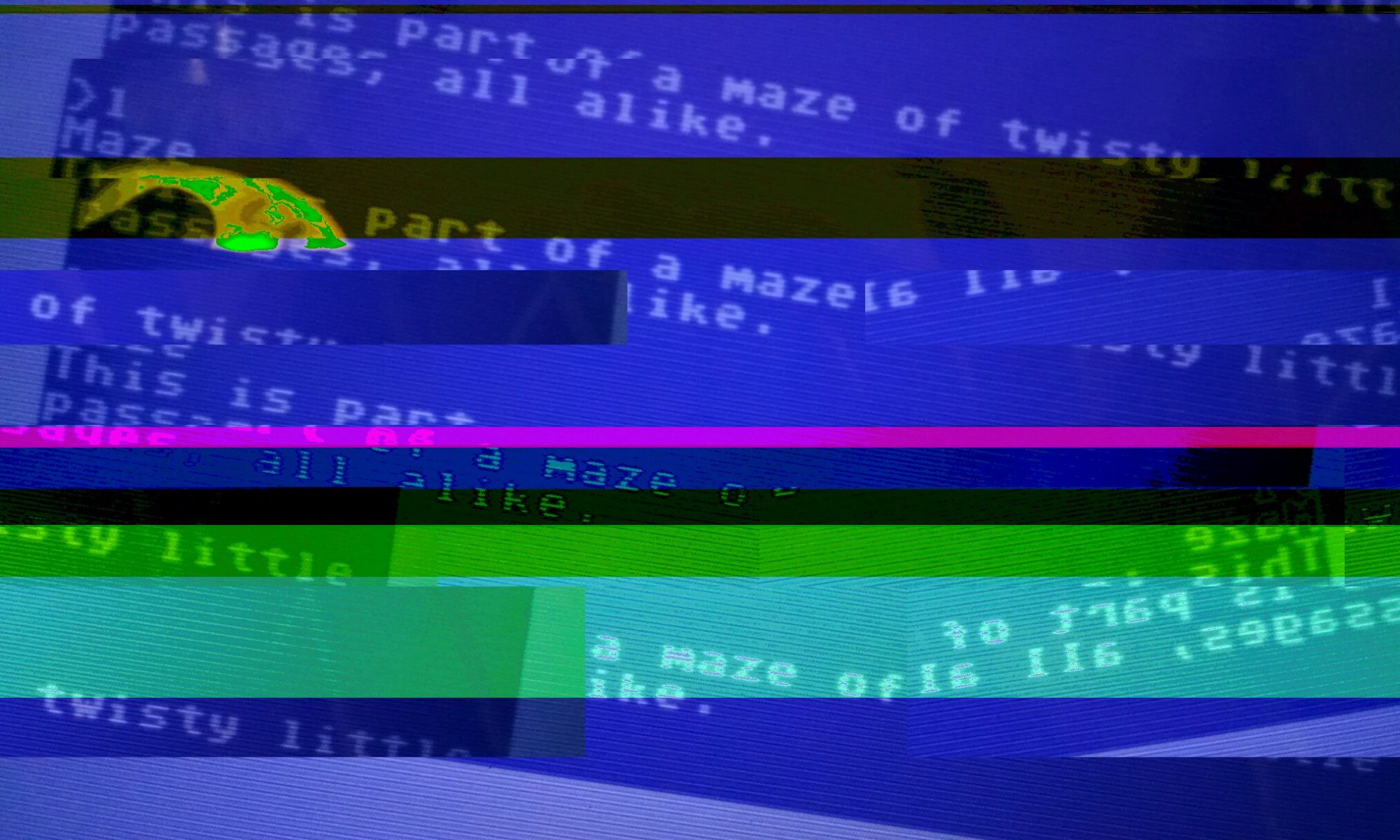There have been a lot of tropical storms and hurricanes the last few weeks. On social media, I noticed a lot of people talking about how all these storms are the environment combatting the global warming deniers, specifically the Trump Administration and Congressmen who do not believe in it. What was striking to me it said something like “it’s as if the environment said hold my beer.” These past few weeks’ events show that worsening storms are just one of the many reasons it is unfathomable to deny climate change is real. There are a multitude of reasons why it is hard for me to understand how there are still global warming deniers which I tried to shed light on. For my project, which I titled, Opinion: Global Warming is Just a Phenomenon, I tried to use satire in order to convey that these people are not educated in global warming and that their reasons for denying its existence are not always altruistic or unbiased (because of their positions in oil or other non-renewable sources). I tried to model the format from opinion based articles in newspapers whose topics are often as controversial as denying climate change.
My technique for this project was inspired by the cut-up method, used in poetry. William S. Burroughs talks about this method in The Cut-Up Method of Brion Gysin, which goes into detail about how this method is used and why it is useful. In order to combat writer’s block or to create more creative poetry, artists have been known to take words from dictionaries or magazines and draw them out of a hat. This in a way adds meaning to the meaningless. I tried to incorporate this method into my project by creating different templates for the sentence orders so that the sentences were not only varied in the way that there were different words in each sentence, but also the order in sentences was different. This adds meaning to it for me because it symbolizes how no matter how you phrase or order it, it is ludicrous to deny global warming. The tone at times is also sarcastic because of how ludicrous it is. This technique allows me to further the variation of the project, making the likelihood that you’ll produce the same opinion very unlikely.
Who authored this project is a tough question to answer. There is so many authors that contributed to this piece. Because I am so passionate about this issue and I try to stay political-active and engaged, I have a lot prior knowledge about how doubts climate change and why they believe so. I incorporated these opinions and speeches, so in a sense these politicians can take some credit for authorship rights. I also used the names of storms from the last twenty years or so that came from my memory but also simple Google searches for the worst storms globally. This project forced you to question to push the limits of authorship. In “Death of the Author” by Roland Barthes, the author talks about how readers always read too deeply into who the author is and how they intend for the text to be read and interpreted. In a sense though, electronic literature blurs the lines of who the author is and allows for a wider range of interpretations. Even though I argued earlier that my intention was for people to get that no matter what, global climate change is real and there’s no denying it, because this is electronic literature, this might not be what everyone gets out of it and that’s okay. Something I have learned is that one of the biggest advantages of electronic literature is that there is not just one right interpretation and it forces you to get out of your comfort zone as a reader and think for yourself, instead of trying to think about what the author thinks and how they want you to think of their work.
Works Cited:
Burroughs, William S. The Cut-Up Method of Brion Gysin. The New Media Reader, The MIT Press, Cambridge, MA, 2003, pp. 89–91.
Dash, Jan. “Global Warming & Climate Change Myths.” Skeptical Science. <https://www.skepticalscience.com/argument.php>
Foran, Clare. “Donald Trump and the Triumph of Climate-Change Denial.” The Atlantic. 25 December 2016. Web. <https://www.theatlantic.com/politics/archive/2016/12/donald-trump-climate-change-skeptic-denial/510359/>.
Funkhouser, Christopher. First-Generation Poetry Generators: Establishing Foundations in Form. Mainframe Experimentalism: Early Computing and the Foundations of the Digital Arts, edited by Hannah B. Higgins and Douglas Kahn, Univ. of California Press, Berkeley, CA, 2012, pp. 243–265.
List of natural disasters by death toll. Wikipedia. <https://en.wikipedia.org/wiki/List_of_natural_disasters_by_death_toll#Ten_deadliest_storms_.28non-cyclones.29>.
The Deniers. Organizing For Action. Web. <https://www.ofa.us/climate-change-deniers/#/>.
